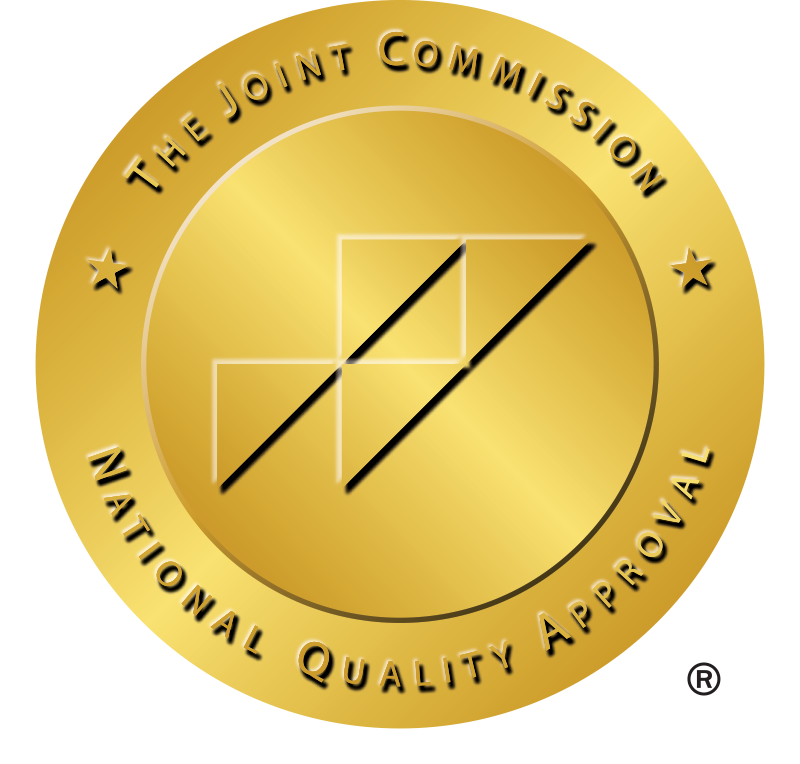It all starts with an injury. Your partner gets a prescription for pain killers to help them with the pain. For an intense injury, they may be on the medication for an extended period of time. Soon, the prescribed dose doesn’t do it anymore. They start by taking the next dose early. Then, they take two pills instead of one. Before they know it, the prescription has run out and they are buying their pills on the street. You hardly notice them anymore since they are constantly nodding off.
It can be scary when you watch your better half spiral out of control, especially when it involves an addiction to oxycodone. The topic is sensitive. While you want to take action, you don’t want to scare them away. You have to handle the situation carefully to get the best outcome. Here are some tips on how to handle the situation if you think your spouse may be addicted to oxycodone.
Educate Yourself
Before you talk to your spouse, you need to educate yourself. Research Oxycodone addiction to learn as much as possible. You should look for the signs of addiction. Some of the symptoms include drowsiness, loss of appetite, digestive issues, and agitation to name a few. You should also learn about the Oxycodone addiction crisis and how it can turn deadly if not handled properly. Finally, learn more about treatment. The more you know, the more prepared you will be to tackle the addiction.
Show Understanding
Confronting your spouse about an addiction can cause a defensive reaction. It’s important to approach it with understanding and care. Use a gentle tone when you decide to talk to them. You should also do it away from anyone else. They are going through something sensitive, and they probably don’t want a spouse who is going to tell everyone else about their problems.
Cease All Enabling Behavior
Whether we like to believe it or not, we may be enabling our spouse’s behavior. You can enable them by watching them dive deeper into addiction without talking to them. You may even do drugs with them or help them get their pills. Do not be an enabler any more. This may mean avoiding some of your own personal recreational activities to encourage your partner’s sobriety.
Have a Solution Ready
Many people with an addiction don’t know what to do about it. They feel like no one can help them. Show them that they have options. Do the research for them. When you talk, have rehabilitation facilities available in your price range. If you don’t have a lot of money, you might want to ask them if they would like to talk to other relative. Remember that it should be their decision to ask other people for help.
Once your partner decides to go to rehab, you have to be supportive. Visit them if you get the opportunity. You should also help them with their transition when they get back home.
Get Help For Yourself
Your spouse isn’t the only suffering at this time. You are suffering, too. Their addiction has caused problems in your household. You also might not know the best way to be supportive. Look for support groups in your area for spouses of people with an addiction problem. The support group can give you the support you need while going through this difficult time in your life.
Forgive and Rebuild Trust
There may be a significant amount of anger associated with your spouse’s addiction. They may have neglected you and other people in your family. They also might not have been contributing financially. Finally, they may have blatantly lied and stole to support the habit. After they get out of rehab, it’s time to forgive them. You have to fully forgive in order to move on. You will then take steps toward rebuilding trust with your partner. It’s between you and your spouse if you want to move forward with the relationship. If you are going to move forward, you both have to put effort into it.
Addiction doesn’t only affect the person with the drug problem. It affects the people they love, too. As a spouse, you will be the one most directly affected by the disease. Act now to get both of your lives back on track. Call us today at 833-338-6946.





